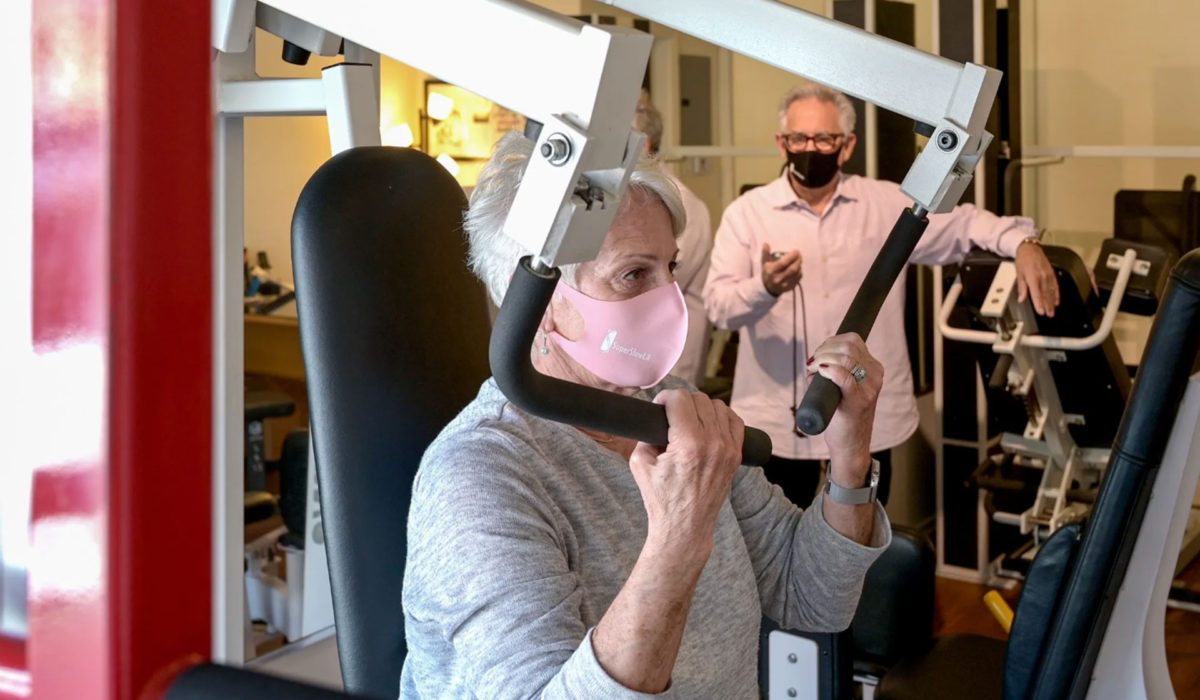How Menopause Can Change a Woman’s Bone Density
Menopause is a natural biological process that marks the end of a woman’s reproductive years. During this time, the body undergoes significant hormonal changes, including a decrease in estrogen production. Estrogen plays a crucial role in maintaining bone health by helping to regulate bone remodeling, which is the process of old bone being replaced by new bone tissue. Therefore, the hormonal changes that occur during menopause can have a direct impact on a woman’s bone density.
Estrogen has a protective effect on bones by inhibiting the activity of cells called osteoclasts, which are responsible for breaking down old bone tissue. When estrogen levels decline during menopause, the balance between bone formation and breakdown is disrupted. Osteoclasts become more active, leading to increased bone resorption without an adequate amount of new bone being formed. This results in a gradual loss of bone density, which can increase the risk of developing osteoporosis and fractures.
Postmenopausal women are particularly susceptible to osteoporosis, a condition characterized by low bone density and an increased risk of fractures. Bones become weaker and more fragile, making them more susceptible to fractures, especially in areas such as the spine, hips, and wrists.
Other factors, such as age, genetics, diet, physical activity, and overall health, can also influence bone density during and after menopause. For example, women who had lower bone density before menopause or a family history of osteoporosis may be at a higher risk.
To minimize the impact of menopause on bone health, it is essential for women to take proactive measures, such as:
Calcium and vitamin D intake: Consuming adequate amounts of calcium and vitamin D is crucial for maintaining bone health. Good sources of calcium include dairy products, leafy green vegetables, and fortified foods. Vitamin D can be obtained through sun exposure and certain foods like fatty fish and fortified products.
Regular exercise: Engaging in weight-bearing exercises, such as walking, jogging, dancing, and weightlifting, can help strengthen bones and improve bone density.
Healthy lifestyle habits: Avoiding smoking and excessive alcohol consumption can contribute to better bone health.
Hormone replacement therapy (HRT): For some women, hormone replacement therapy, which involves the use of estrogen and progesterone, may be recommended to alleviate menopausal symptoms and help maintain bone density. However, the decision to use HRT should be made after discussing the risks and benefits with a healthcare provider.
Regular bone density screenings: Women at risk of osteoporosis may benefit from regular bone density screenings to monitor their bone health and identify any changes or deterioration.
It’s important for women to consult with their healthcare providers to assess their individual risk factors and determine the most appropriate strategies to maintain bone health during and after menopause.
For more information regarding how workouts at SuperSlowLA can improve your total body toning, aerobic conditioning, plyometric training, nutrition planning, and body balance workouts with only 30-minute workout sessions each week, check out SuperSlowLA today at https://www.SuperSlowLA.com, 310-471-1300 or at 11604 Chayote Street, Los Angeles, CA 90049.
Make working out fun and effective by exercising and training your balance and entire body today at SuperSlowLA. Because whole body maximum health is absolutely achievable today! Contact SuperSlowLA today at https://www.SuperSlowLA.com to learn more.




